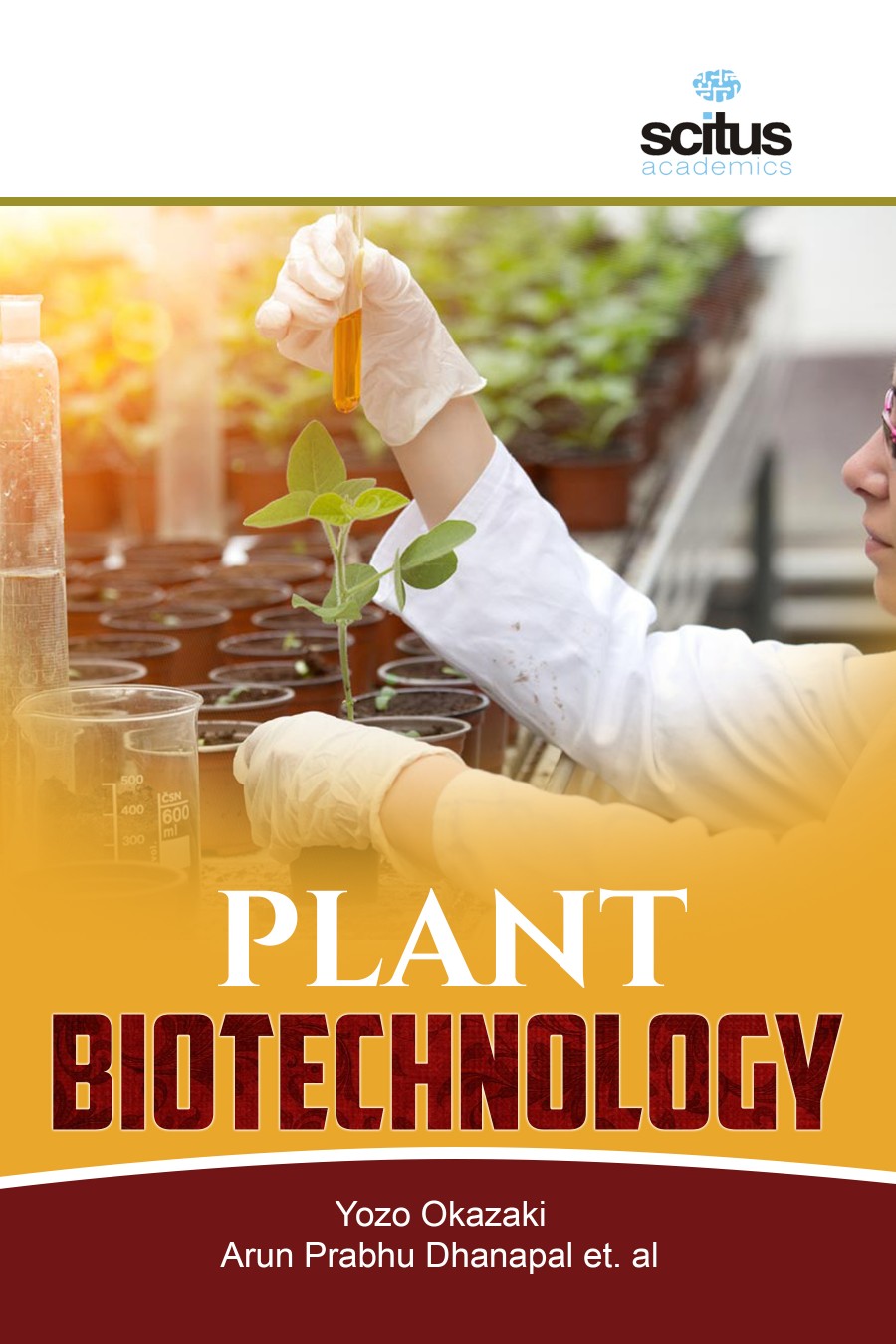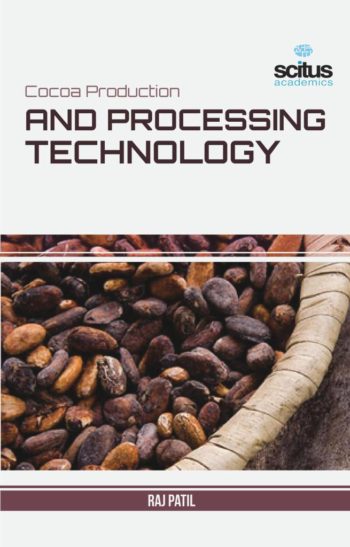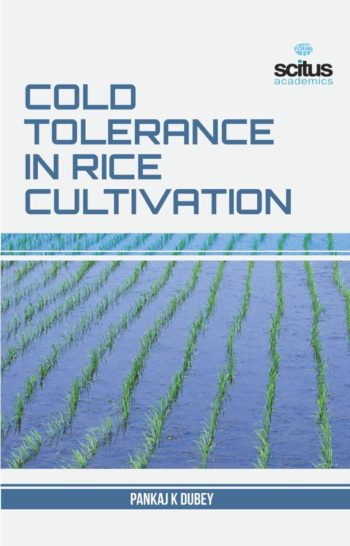Advances in understanding plant biology, novel genetic resources, genome modification, and omics technologies create new solutions for food security and novel biomaterials production under changing environmental conditions. The evolution of plant breeding is a classic example of how improved biological understanding has been adapted to provide more effective methods of meeting the demands of a changing world. Plant biotechnology offers significant improvements in virtually every area of crop production and utilization, with potential benefits to farmers, the food industry, consumers and the environment. Recent progress in plant genomics has allowed us to discover and isolate important genes and to analyze functions that regulate yields and tolerance to environmental stress. New gene and germplasm candidates that are expected to lead to improved crop yields and other plant traits under stress have to pass long development phases based on trial and error using large-scale field evaluation. So, quantitative, objective, and automated screening methods combined with decision-making algorithms are likely to have many advantages, enabling rapid screening of the most promising crop lines at an early stage followed by final mandatory field experiments. Thus, with the objective to find new technologies, ecologically or environmentally safer, for the control of plant diseases, mainly in organic growth, alternative methods for the control of phytopathogens has been development.
Plant Biotechnology sheds light on current biotechnological research to develop modern technology for producing biologicals and also increasing plant immunity in present environmental conditions. It is intended to provide comprehensive information of novel molecular tools, screening technologies, and economic evaluation should become the main goal of the plant biotechnological revolution in agriculture. The book dwells on aspects of genome editing which will enable researchers to produce transgenic plants in a more convenient and safer way to genetic modification of stem cells holding significant therapeutic promise to treat complications of diabetes and obesity.
It is hoped that this book will serve as a seed for further investigations and novel innovations in the area of plant biotechnology.













